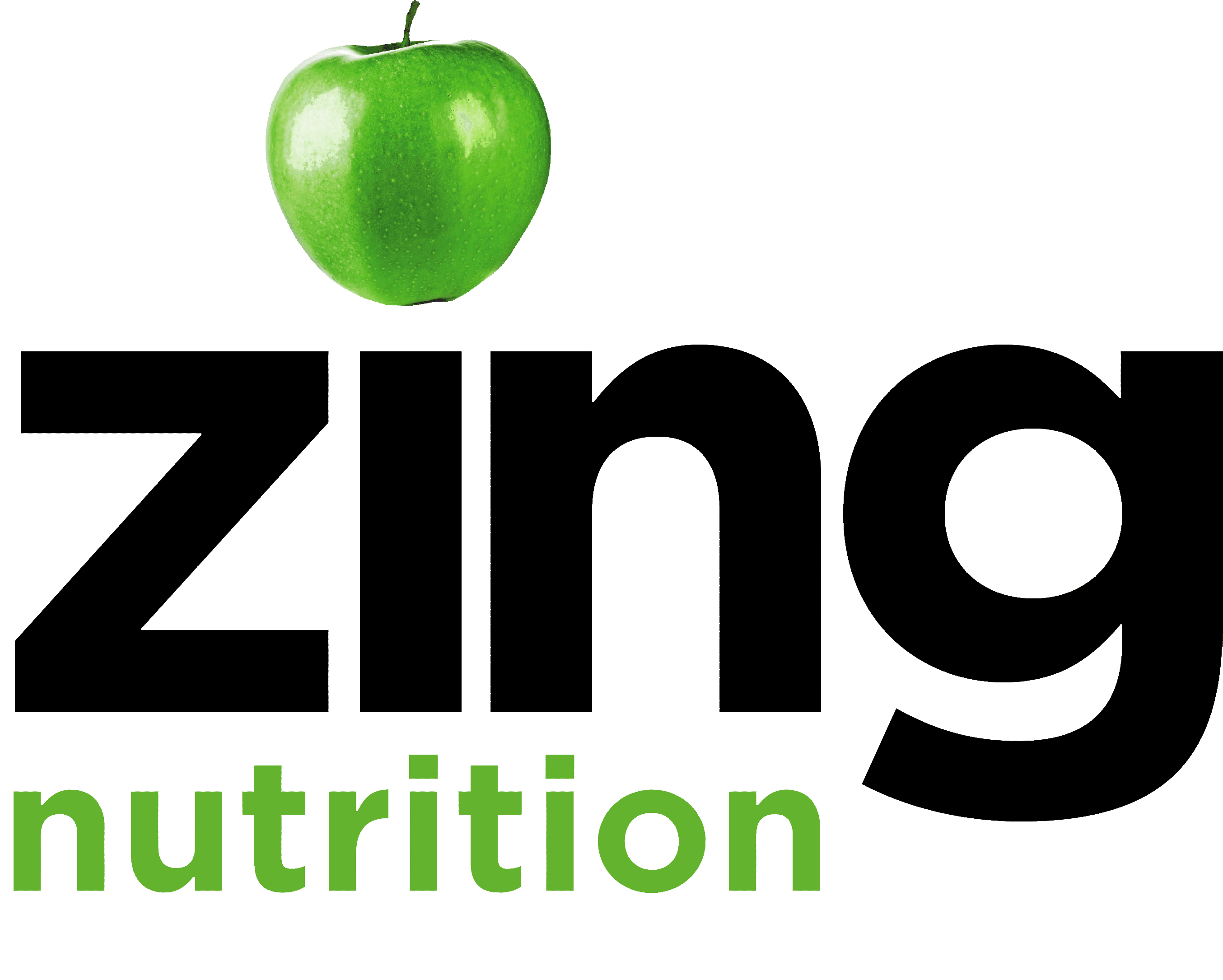The days become cooler and shorter as we head into winter, and in the same way as we wrap up warm to keep out the cold, we should also protect ourselves against infection by boosting our immune system.
Our immune system is responsible for protecting our bodies from infection, viruses, bacteria, and the development of illness and diseases. Good nutrition and adopting a health-promoting lifestyle is the cornerstone of a strong immune system.
Lifestyle strategies including maintaining a healthy body weight, getting enough sleep, moderating alcohol consumption and avoiding smoking may go some way in strengthening immunity. A diet which is low in saturated fats and refined sugars provides a reasonable quantity of good quality protein, and this is made up of natural foods: plenty of fruits & vegetables, whole grains, legumes, seeds and nuts are the basis of good nutrition.
Besides this, here are some nutrients you should major on this winter to shield yourself from infection. Apart from vital antioxidant activity important to immunity, there is evidence that these nutrients have specific immune boosting properties.
Beta Carotene
Is a compound produced by plants which are converted by the body to vitamin A.
It helps in strengthening the surface of the skin, respiratory and gastrointestinal tract in order to provide an effective barrier against microorganisms. Good sources include pumpkin, sweet potato, carrots, cooked greens, apricots, sweet peppers, kale, turnip greens, broccoli, mango and squash varieties.
Vitamin E
Enhances antibody activities and has been shown to stimulate the production of natural killer cells which seek out and destroy germs and cancer cells. Nuts, seeds and oils such as sunflower, almond, wheat germ, corn and soya are all excellent sources of vitamin E. Other good sources include sweet potato, avocado and spinach.
Vitamin C
Is thought to enhance white blood cell response and function and has been shown to have antiviral and antibacterial properties. Vitamin C is present in most fruits and vegetables, with good sources being parsley, broccoli, bell pepper, strawberries, oranges, kale and brussel sprouts.
Zinc
Is a mineral which has been shown to aid immunity in a number of ways including the enhancement of white blood cell production and the inhibition of the common cold virus. Good sources include meat, liver, seafood (especially oysters), wheat germ, pumpkin seeds and eggs.
Selenium
A mineral believed to strengthen the disease-fighting properties of the white blood cells that destroy invading microorganisms. Good sources include brazil nuts, oats, seafood, liver, wheat germ, bran, tuna, onions, tomatoes, broccoli, garlic, and brown rice.
Specific foods
To consider which have immune boosting properties are garlic, plain live yoghurts for its probiotic activities and foods which contain Omega 3 Fatty Acids such as oily fish, walnuts, flax, hemp and pumpkin seeds.
